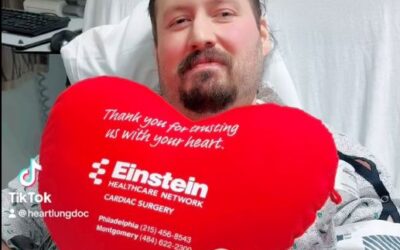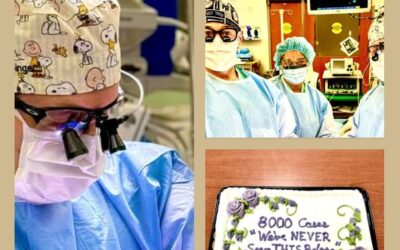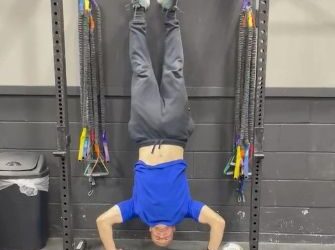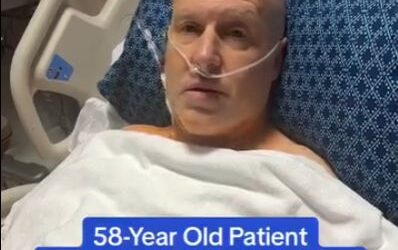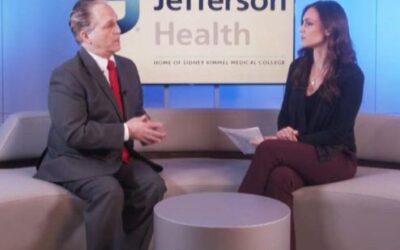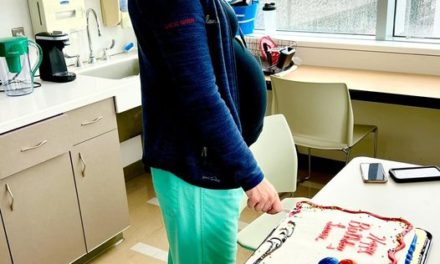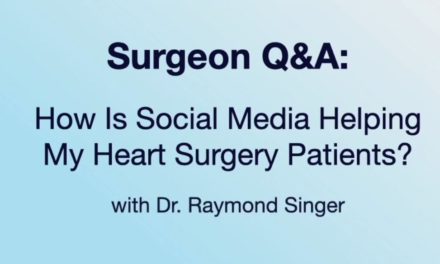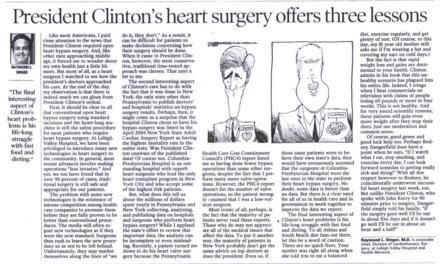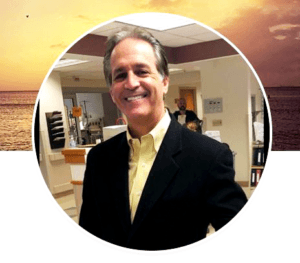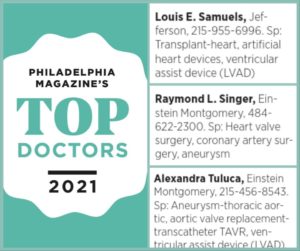The hot debates over Covid-19 are well known. Should people be required to wear masks? Should masks be worn just indoors, or also outdoors? Should businesses now be allowed to reopen? How about gyms? What should professional sports do about their seasons? How about theaters and concerts? And, of course, will our children be able to go back to school? If they do go back to school, will they be safe?
One thing is clear… In the midst of a highly contentious national election, consensus is going to be difficult. Since I can’t protect you from the political and economic challenges that abound, at least I can provide you with three simple steps that will significantly reduce your risk of getting Covid-19, as well as most other contagious diseases like the flu, rotavirus, and even the common cold. To do so, I will ask you to do something that I do every day –think like a surgeon!
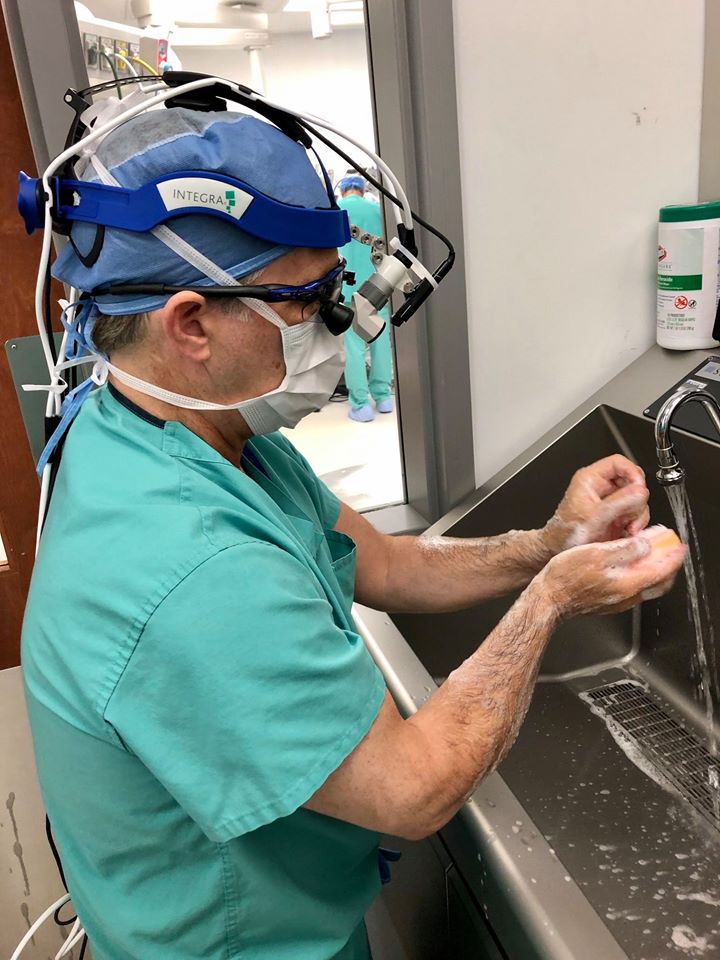
Step One: Wash Your Hands and Keep Surfaces Clean!
Before I perform open-heart surgery, I scrub my hands at the sink. The nurses prep and drape the patient, making sure the surgical field and instruments are sterile. Just as we keep ourselves and the patients safe in the operating room, you must do the same for yourself and your family. Wash your hands before and after you go shopping, go to a restaurant, or travel. Indeed, wash your hands as often as you can. I would recommend bringing sanitizing wipes to restaurants and to your workplace to wipe down tables, utensils, and glasses. At work, always wipe down your desk and keyboard, and never use the work phone until you’ve wiped it down as well. Keep your personal smartphones clean too.
Step Two: Don’t Touch Your Face!
Could you imagine surgeons scratching their noses in the middle of operations and then touching your wound? Conversely, why would surgeons want to risk rubbing their faces with the patient’s blood? Gross, right? So why would you ever consider touching your nose, mouth, or eyes, unless you have just thoroughly cleaned your hands? While this is difficult, especially for children, keeping your hands off your face will go a long way to keeping you safe.
Step Three: Wear a Mask and Wear it Correctly!
Again, think like a surgeon and realize that we wear masks in the operating room for a reason – because they work! But they only work when they’re worn correctly. To start, the masks should be made of quality materials and be either disposable or washable.
Second, cover your nose. If you have your nose out, you’re contaminating everything and everyone in your space and putting yourself at risk of acquiring the virus through its most common entry point, your nose.
Third, and most importantly, stop touching and moving your mask. Every time you move it to your neck and return it to your face, you’re contaminating your neck, the mask, and then your face again.
On this last point, a lot of people make fun of those of us who sometimes wear masks in our cars. Yet, this may be necessary in order to wear masks properly. For example, if you’re going to the store, you should put on your mask in your home with clean hands. Then you should not touch your mask until you return home and can dispose or clean it. If you must take it off, say at a restaurant, ideally, you should have a second clean mask available. If not, take your mask off by only touching the bands holding it around your ears, then place the mask with the outside of the mask down on a clean surface. Once you’re ready to put it back on your face, only touch the bands around your ears again, placing the clean side on your face.
As a surgeon, I follow these three steps every day. I wash my hands frequently, I never touch my face, and I always wear a mask. I’ve extended these practices to my everyday life during the Covid-19 pandemic because I know what saves lives in an operating room, can also save lives in our community.
Recent Posts
Why Are We No Longer “Young at Heart”
With permission from the patient to post, this 38-year old man’s story is emblematic of a growing number of young adults suffering heart attacks from premature coronary artery disease. Why are we no longer “young at heart” in America? The Framingham Heart Study...
8k Cases Milestone
#8,000 is on the books! It’s an honor to have achieved this milestone across two esteemed healthcare institutions—Lehigh Valley Health Network and now at Jefferson Health. One thing I know for sure is that success in heart surgery can only come from the team that...
Handstand 10 Weeks After Surgery!
One of the most common questions of patients is to know what activities they can do after heart surgery. I tell them no driving for 4 weeks, no lifting more than 10 pounds for 10 weeks, but often I quip that once they are healed, “they can do handstands.” Apparently,...
Mitral Valve Repair Patient Talks About His Surgery
With permission from the patient to post, this 58-year old man was passionate about going to the gym daily, but he began to notice that he had decreasing exercise tolerance, along with worsening shortness of breath and a new persistent cough. He was found to have...
Jefferson Health: Ranking in 2024
Jefferson Health is ranked 46th out of 2,400 hospital systems in the world, 2nd in Pennsylvania, close by Penn. Looking back at my career, so fortunate to have graduated from Penn Med, trained at Department of Surgery at Thomas Jefferson University Hospital, and now...
Jefferson Heart Health: “The Heart of the Matter”
Below you can listen to my interview on CBS News Philadelphia with Ashley Harder on topics for Heart Month 2024. Recent PostsFeaturedPages Learn about heart valves. Heart Valves Read testimonials. Testimonials Did you know I have a...
Featured
Pages
- Learn about heart valves. Heart Valves
- Read testimonials. Testimonials
- Did you know I have a consulting firm? Singer Heart/Lung Consulting
- Check out my TedTalk! Defining Success
Links
- Links page with more information about your heart. Links
- Dr. Adam Pick's Site: heart-valve-surgery.com

